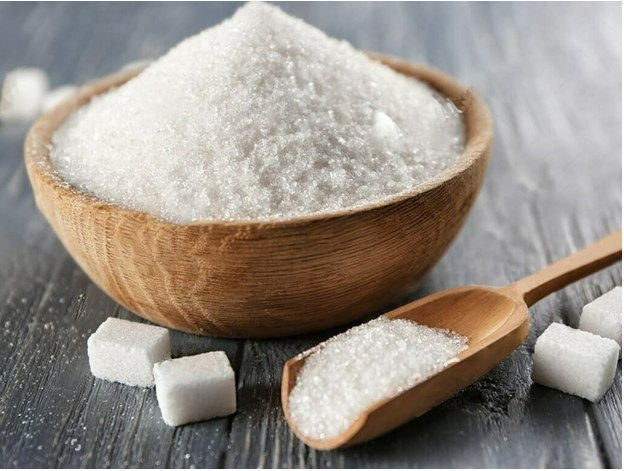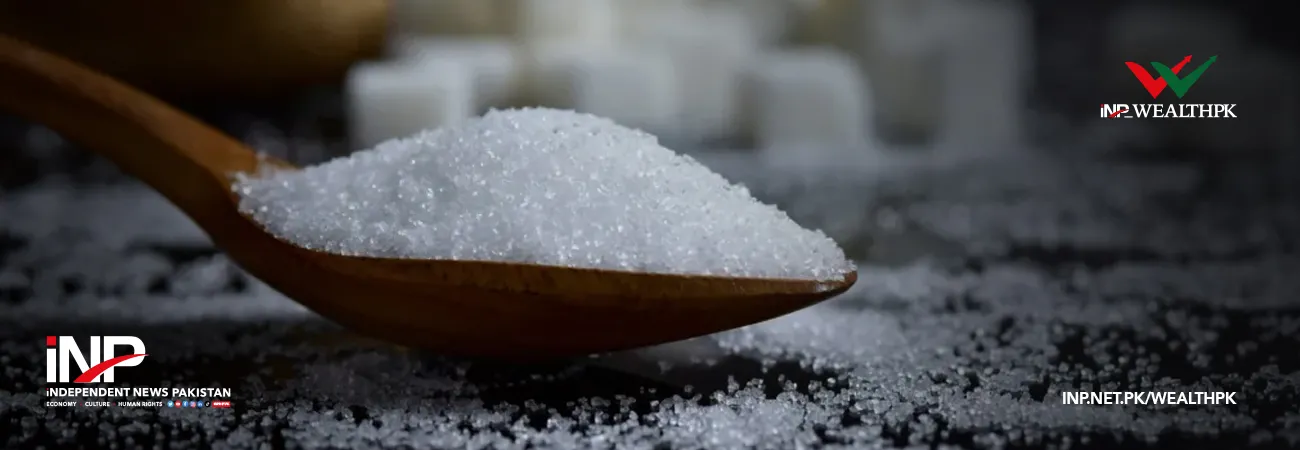INP-WealthPk
Moaaz Manzoor
The Sub-Committee of the National Assembly Standing Committee on Commerce has recommended deregulating the sugar sector to attract new players, enhance competition, and stabilize prices. The meeting, chaired by MNA Muhammad Atif and attended by MNAs Tahira Aurangzeb and Dr. Mirza Ikhtiar Baig, observed that reducing state controls and opening the market to wider participation would foster a healthier business environment, ultimately benefiting both consumers and growers.
The committee also reviewed measures to ease supply pressures and improve transparency in the sugar market. Members were informed that the Trading Corporation of Pakistan (TCP) had imported 150,000 tons of sugar to maintain adequate availability. Out of the country’s 82 sugar mills, 78 are operational, typically running for 110 to 120 days during the crushing season.
Despite lower sucrose content – nearly 10 percent less than last year – officials assured the committee that the supply chain remains intact and that credit lines for mills are being opened without difficulty. Updating the panel, Deputy General Manager of TCP Ali Raza Altaf reported that the average landed cost of imported sugar stands at Rs168 per kilogram. An official from the Federal Board of Revenue (FBR) added that reforms are underway to improve transparency in the sector.
Drawing a comparison with the oil market, he explained that sea-borne imports typically add $30 to $40 per ton in freight costs, whereas land-route exports are significantly cheaper. The committee was further informed that despite this year’s smaller crop, the FBR had collected Rs100 billion in sales tax from the sugar sector, compared to Rs65 billion during last year’s bumper harvest. The increase was credited to the effective track-and-trace system, which has strengthened compliance and oversight across the industry.
On the sidelines of the meeting, Convener MNA Muhammad Atif told WealthPK that deregulation offers the only sustainable path forward for the sugar industry. “There is no other option. Deregulation brings more competition, more choices for consumers, and better returns for growers, just as it does in the oil and wheat sectors,” he remarked. Earlier, a senior official from the Ministry of Industries and Production briefed the panel that sugar production in 2024-25 had fallen short by nearly one million tons compared to the previous year.
He noted that adverse climatic conditions have damaged crops across the region, with Thailand losing 10 percent of its output and both India and Pakistan experiencing a 15 percent decline. In Pakistan’s case, the absence of a minimum indicative price for sugarcane further discouraged growers. Combined with weather-related setbacks, this has contributed to a 40 percent surge in domestic sugar prices since November 2024.

Credit: INP-WealthPk









